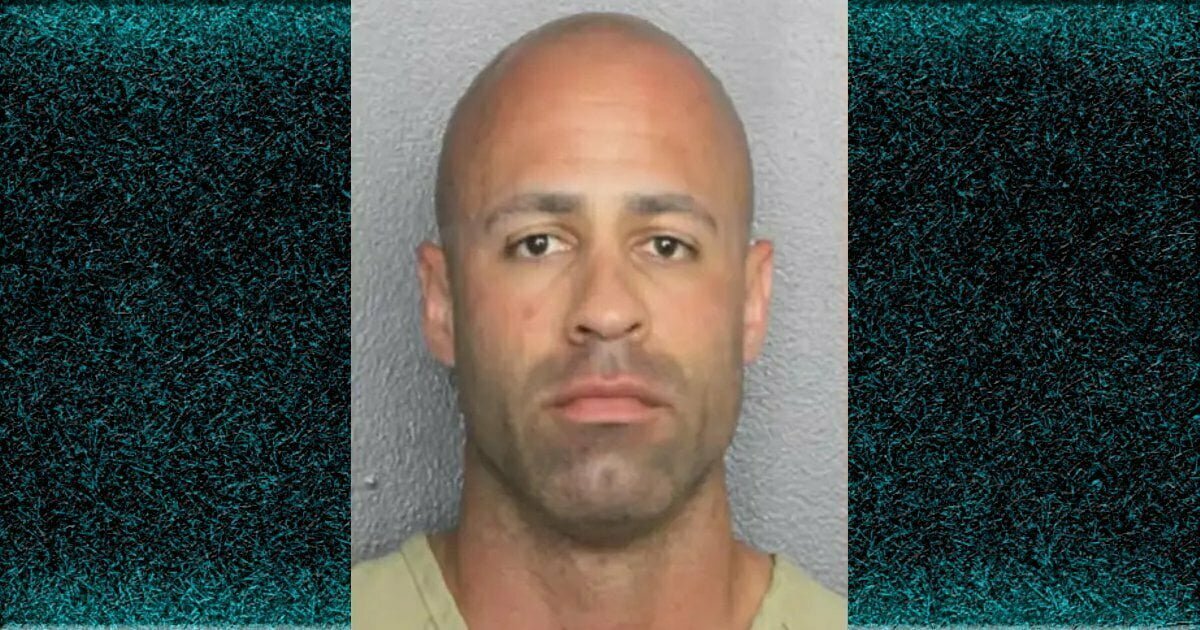A California prison guard admitted to sexual misconduct, he got a year of paid time off and no charges
Behind the walls of California’s women’s prisons, a disturbing reality unfolds: a pervasive culture of sexual abuse by correctional officers. For years, the voices of these incarcerated women have echoed in the shadows, their stories met with silence and inaction.
A Troubling Surge in Sexual Abuse
Since 2014, a torrent of complaints alleging sexual abuse by officers has inundated California’s prison system. Yet, the response has been woefully inadequate. Only a handful of officers have faced termination or criminal charges, leaving hundreds of women without justice and their abusers seemingly untouchable.
Gregory Rodriguez: A Symbol of Impunity
The case of Gregory Rodriguez epitomizes the system’s failings. Accused of assaulting and harassing at least 22 women at the Central California Women’s Facility (CCWF), Rodriguez was allowed to retire while under investigation. He now faces nearly 100 charges, yet his case stands as a stark reminder of the impunity that often shields these offenders.
A Pattern of Injustice
The abysmal rate of prosecutions stems from a complex interplay of factors. Prisons and the department responsible for overseeing them often fail to substantiate abuse claims, effectively minimizing their severity. Even when clear evidence exists, district attorneys, sometimes with ties to officers’ unions, may decline to file charges, leaving survivors stranded in a sea of despair.
Keiana Aldrich’s Ordeal: A Survivor’s Uphill Battle
Keiana Aldrich’s harrowing experience exemplifies the uphill battle faced by incarcerated women seeking justice. While working as a janitor at the California Institution for Women (CIW), she endured repeated sexual assaults from her supervisor, Ivan Ordaz. Despite her complaints, Ordaz was merely transferred, and the abuse continued under another supervisor, Samuel Navarro. Despite compelling evidence, Navarro was neither fired nor prosecuted, and Aldrich’s claim was deemed “unsubstantiated.”
Aldrich’s story is a poignant reminder of the obstacles women face in reporting abuse. Fear of retaliation, a deep distrust of the system, and the ingrained culture of officer camaraderie create a formidable barrier to justice.
A National Crisis
The situation in California mirrors a nationwide epidemic of sexual assault in prisons. Across the United States, countless incarcerated women fall prey to this insidious abuse, their cries for help often falling on deaf ears. The reluctance of victims to come forward, coupled with a lack of adequate reporting mechanisms, perpetuates a cycle of silence and impunity.
Vulnerabilities and the Need for Systemic Change
Incarcerated women face unique vulnerabilities that heighten their susceptibility to sexual abuse. Poor prison conditions, deprivation of basic necessities, and a lack of access to healthcare further exacerbate their plight. In some cases, officers exploit their role as primary caregivers for women’s children, wielding power and control to silence their victims.
Advocates for change are calling for systemic solutions to address this deeply entrenched problem. Reducing vulnerabilities, improving reporting processes, providing access to trauma-informed counseling, and expediting the release of survivors are key steps in dismantling this culture of abuse.
The Way Forward: A Beacon of Hope
While progress has been slow, California has taken some steps to address this issue. Increased awareness and public scrutiny play a crucial role in holding the system accountable. Survivors like Keiana Aldrich serve as beacons of hope, their courage inspiring others to speak out and demand justice.
The path to justice may be long and arduous, but it is a fight worth pursuing. For the sake of the countless women who have been silenced and abused, we must continue to amplify their voices and demand accountability from those in power. Only then can we begin to dismantle the culture of impunity that has allowed this insidious practice to fester for far too long.














A California prison guard admitted to sexual misconduct, he got a year of paid time off and no charges
https://theaegisalliance.com/2023/11/04/a-california-prison-guard-admitted-to-sexual-misconduct/?feed_id=15460&_unique_id=6546b8d8a95b8